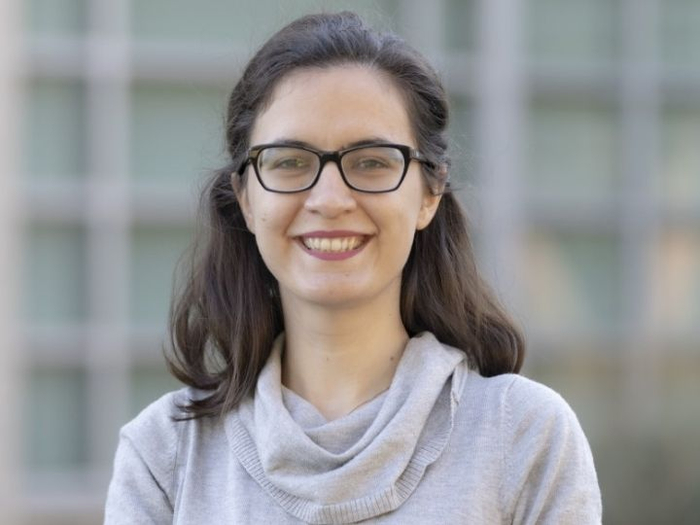ACADEMIA
UH researcher wins $2M grant to innovate drug discovery for breast cancer
With a $2 million recruitment grant from the Cancer Prevention and Research Institute of Texas (CPRIT), a University of Houston researcher is setting up a lab to develop drugs that will work on traditionally undruggable targets in cancer. Gül Zerze, assistant professor in the William A. Brookshire Department of Chemical and Biomolecular Engineering at the UH Cullen College of Engineering, is one of 12 cancer researchers recruited to Texas by CPRIT last November. 
Zerze’s initial target is breast cancer.
"One out of nearly six Texas women diagnosed with breast cancer will die of the disease. Importantly, Texan women of color are disproportionately impacted by the high mortality rate compared to white Texan women (41% higher mortality rate reported for Black Texan women in 2016). This high mortality rate, despite the substantial efforts made for early diagnosis, calls for better therapeutics urgently,” said Zerze, whose research will also be expanded more broadly to address other cancers.
The CPRIT recruitment grants for the latest class, totaling $38 million, are meant to “form a critical ecosystem of distinguished cancer-fighting talent” in Texas. Zerze was persuaded to come to UH from Princeton University where she was a postdoctoral researcher specializing in computational modeling and simulations of a special class of proteins called intrinsically disordered proteins (IDPs).
The vast majority (approximately 70%) of proteins implicated in human cancers are either IDPs or have large intrinsically disordered regions, and many of these targets are considered ‘undruggable’ due to the scarcity of high-resolution methods that can offer a fundamental understanding of them.
“Computational and data science methodologies offer a promising avenue to fill in this gap to enable developing drugs against these traditionally undruggable targets,” said Zerze, whose methodology will include rapid screening.
Despite the significant progress made in cancer treatment options in the last 20 years, many cancer targets have still yet to be drugged. Among those holding promise are transcription factors (TFs), which are proteins involved in converting (or transcribing) DNA into RNA. TFs contain large amounts of disordered proteins which participate in transcriptional condensates that form via liquid-like phase separation (LLPS).
“Transcriptional condensates are shown to be aberrant in tumor cells, but the progress to develop drugs against TFs that participate in LLPS has been limited by the extremely dynamic nature of activation domains of TFs. We are developing a computational platform that will enable discovering drugs against these aberrant condensates by systematically interrogating the way transcription factors form, through the liquid-like phase separation of intrinsically disordered regions,” said Zerze.
Through collaborations within the University and the MD Anderson Cancer Center, the drug candidates will be rapidly tested.
“The ideas proposed here will save lives and the products that will come out of this project have a great potential for commercialization and founding companies to contribute to the Texas economy,” said Zerze.
